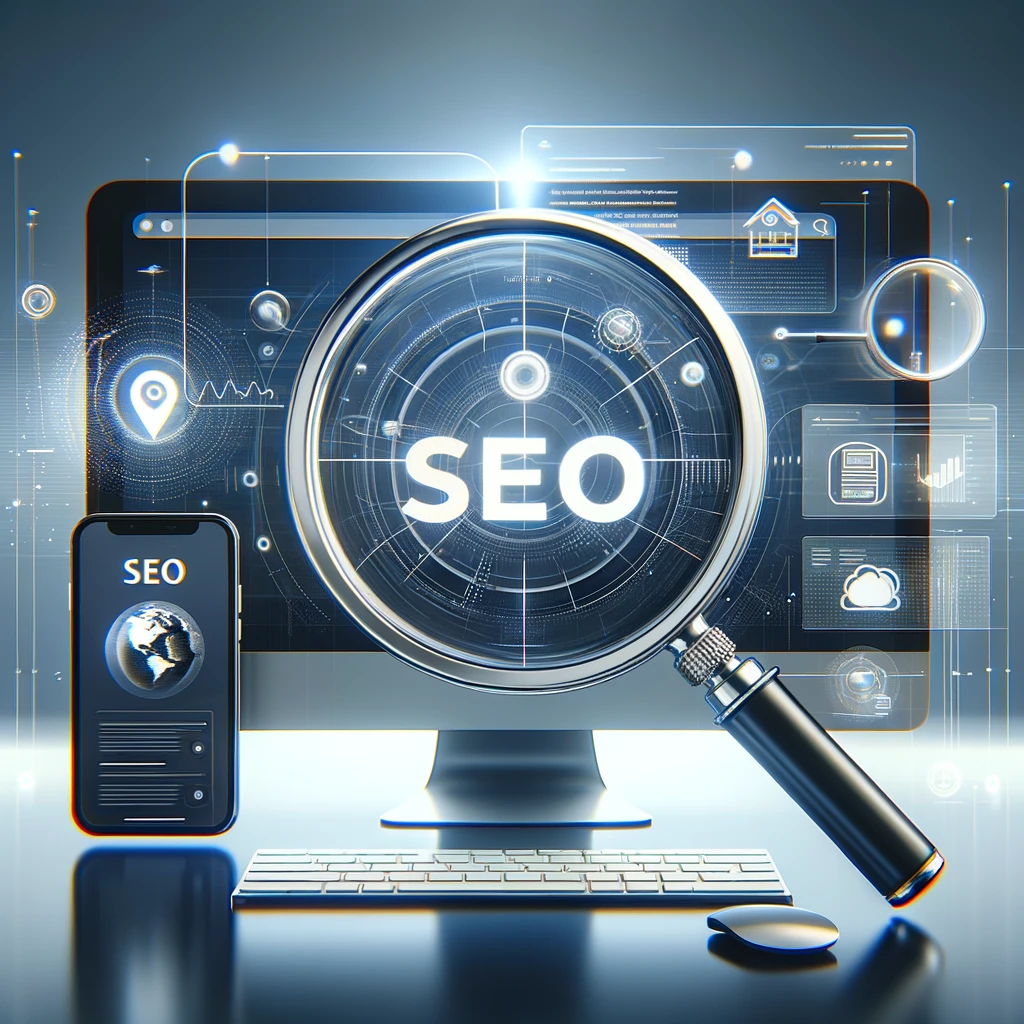Introduction
In the rapidly evolving digital landscape, Artificial Intelligence (AI) stands at the forefront of innovation, particularly in the digital marketing sector. AI’s unparalleled capabilities in automating tasks, analyzing extensive datasets, and understanding complex consumer behaviors are revolutionizing how businesses approach marketing. This comprehensive guide aims to shed light on the transformative role of AI in digital marketing, highlighting the latest trends and tools that are setting new benchmarks for engaging with target audiences more effectively and personally.
The Advent of AI in Digital Marketing
Digital marketing’s transformation through AI is not just significant—it’s revolutionary. The application of AI technologies has given rise to opportunities for precision, efficiency, and personalization previously deemed unimaginable. Businesses that harness the power of AI find themselves at a distinct advantage, redefining customer engagement and setting new standards in the industry.
- Seamless Personalization: AI’s ability to process and analyze data at an unprecedented scale enables brands to offer personalized experiences to their customers, making each interaction unique and more meaningful.
- Insightful Predictive Analytics: Leveraging AI for data analysis allows businesses to anticipate customer behaviors and preferences, thereby tailoring their marketing strategies to meet the demands of their audience more accurately.
- Automated Customer Interactions: Through AI-driven chatbots and virtual assistants, brands can provide instantaneous customer support, enhancing the overall user experience and facilitating smoother interactions.
Emerging Trends in AI-Driven Digital Marketing
As AI continues to evolve, so too do the trends that shape the future of digital marketing. Staying abreast of these trends is crucial for businesses looking to leverage AI effectively.
- Deepening Customer Insights: Advanced analytics powered by AI enable marketers to gain profound insights into customer preferences, behavior, and feedback, allowing for more targeted and impactful marketing initiatives.
- Optimization for Voice Search: The proliferation of voice-activated devices has made voice search optimization an essential component of SEO strategies. AI’s natural language processing capabilities are pivotal in adapting content for voice search queries.
- Content Generation and Creativity: AI tools like GPT-3 are transforming the landscape of content creation, providing the ability to produce high-quality, relevant content rapidly. This not only enhances content marketing efforts but also supports creative processes within marketing teams.
Leading AI Tools That Are Redefining Digital Marketing
Selecting the right AI tools is crucial for maximizing the impact of your digital marketing efforts. Here are some top picks that stand out for their innovative features and capabilities:
- HubSpot: Renowned for its comprehensive inbound marketing features, HubSpot leverages AI to streamline content management, lead generation, and customer service.
- Salesforce Einstein: Embedded within Salesforce’s CRM, Einstein uses predictive analytics to enhance customer insights, making it easier for marketers to anticipate trends and customer needs.
- Google Analytics: With the addition of AI, Google Analytics offers deeper insights into web traffic and user behavior, empowering marketers with data to make informed decisions.
- Chatfuel: Specializing in chatbot creation for Facebook Messenger, Chatfuel enables businesses to automate interactions, providing personalized advice and support to customers through AI.
Incorporating AI in Digital Marketing Strategy
Effectively integrating AI into your marketing strategy involves careful planning and consideration:
- Define Your Goals: Clearly articulating what you aim to achieve with AI, such as improving lead generation, personalizing marketing efforts, or enhancing customer service, is the first step toward successful implementation.
- Select Appropriate Tools: Evaluate AI tools that not only align with your objectives but also integrate well with your existing marketing infrastructure.
- Iterate Based on Insights: Continuously monitor the performance of your AI initiatives. Use insights gathered from data analytics to refine and optimize your approach for better results.
Conclusion
AI’s integration into digital marketing is a milestone in the evolution of how businesses interact with their customers. It opens up a realm of possibilities for creating more engaging, personalized, and efficient marketing strategies. As technology continues to advance, the role of AI in digital marketing will only grow, offering even more innovative ways to reach and resonate with audiences. Embracing AI today means staying ahead in the competitive landscape of tomorrow.
Read more about Digital Marketing Strategy here.
Resources:
For deeper insights and further reading on the integration of AI in digital marketing, consider exploring the following resources:
- Smart Insights dives into various applications and trends of AI in marketing for 2023-2024, covering aspects like Generative AI, Autonomous AI agents, and more, offering a broad perspective on how these technologies can be leveraged in marketing strategies (Smart Insights).
- WordStream outlines 7 AI marketing trends for 2024, emphasizing the importance of AI for improved targeting, marketing automation, chatbots, predictive analytics, and more, providing practical advice on how marketers can adapt to these changes (WordStream).
- Semrush explores key digital marketing innovations, highlighting the use of smart devices for geo-location data, AR and VR for enhanced e-commerce experiences, and the increasing consumer focus on authenticity and social good, offering tips for marketers to create engaging, immersive experiences (Semrush).
These resources can provide a comprehensive understanding of how AI technologies are being utilized in digital marketing and what trends to watch out for in the coming years.


